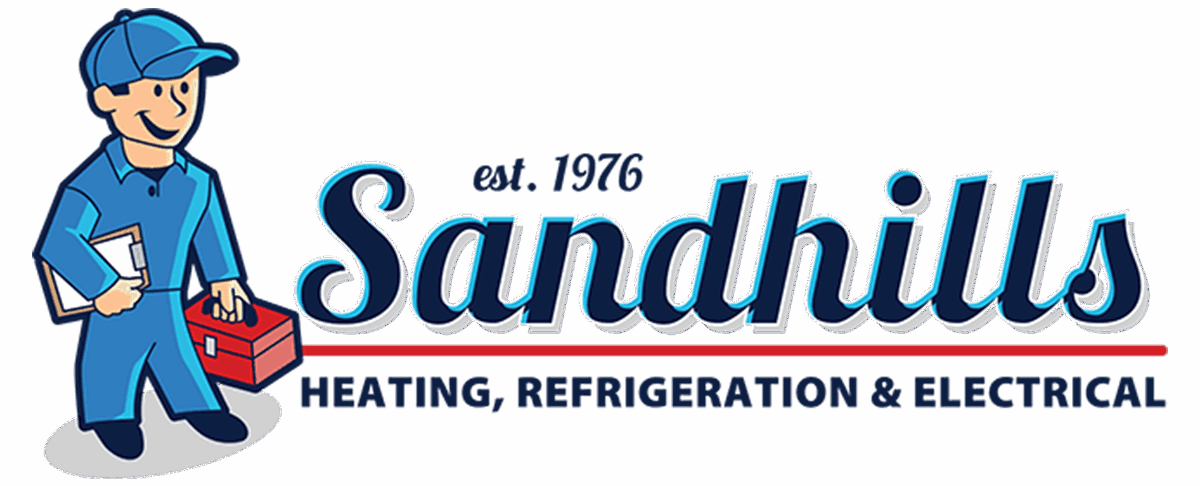The HSPF is an important number to know if you’re shopping for a heat pump to help keep your home warm in the cool weather months in Whispering Pines, North Carolina. A heat pump can efficiently provide both heating and cooling. Here’s what you need to know about the HSPF rating for your home.
What Is HSPF?
HSPF stands for heating season performance factor. This is an efficiency rating that’s assigned to heat pumps in heating mode. The higher the HSPF, the more efficient the system. To qualify for an Energy Star rating, a split system heat pump must have an HSPF of 8.5 or higher. Single package equipment must have a heating performance of 8.2 or more for an Energy Star rating.
How HSPF Impacts Your Energy Bill
A higher HSPF rating means that your heat pump will keep your home comfortable for less. The higher your efficiency rating, the lower your energy bill. Keep in mind that HSPF applies only to your heat pump in heating mode. To determine how efficient your heat pump is in cooling mode, you need to look at the SEER. To receive an Energy Star rating, your heat pump must have a SEER of 15 or more.
What to Look For in a Heat Pump
When you’re purchasing a heat pump, higher efficiency ratings are always better. However, there are some additional things that you should consider. If you have a supplementary source of heating, your SEER rating will be more important than your heating performance rating. However, if you rely solely on your heat pump for winter warmth, you may want to balance the importance of both heating performance and SEER.
For help choosing the best heat pump for your needs, contact our team at Sandhills Heating, Refrigeration & Electrical. We can evaluate your home’s size and layout to recommend the best installation for home comfort and affordability. Schedule a consultation or reach out to learn more today.
Image provided by iStock

